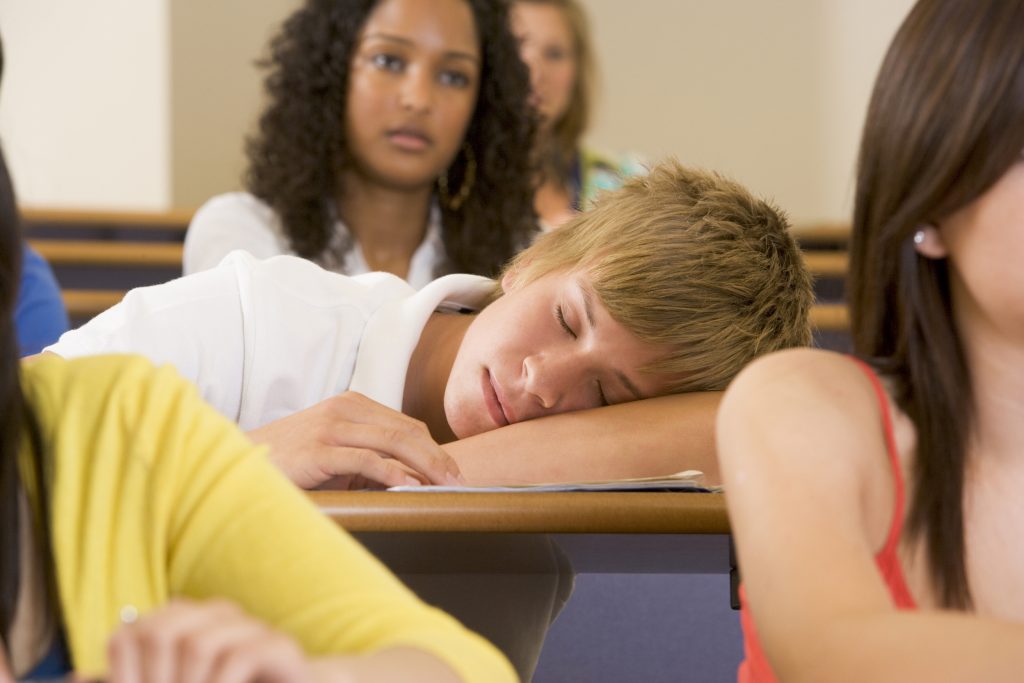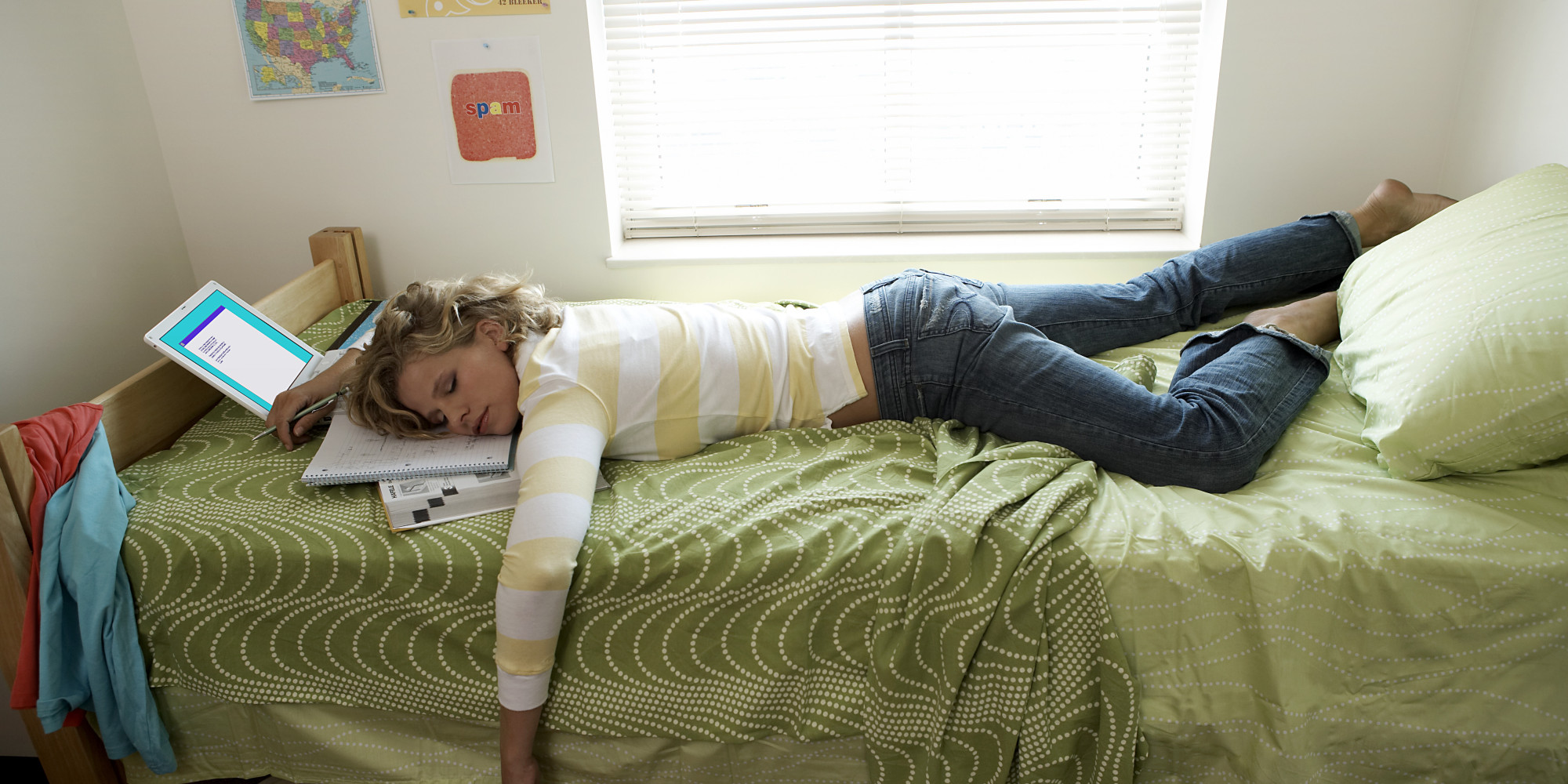
Why is Getting Enough Sleep So Important During Studying? CollegeBasics
Sleep problems are very frequent in the general population and medical students are one group that is vulnerable to poor sleep [1, 2].The prevalence of sleep disturbances in medical students is higher than in non-medical students [1, 3].There are many reasons to the high prevalence of sleep problems in medical students, including many hours of classes and study, clinical clerkships that.

Sleep Time
Several studies have shown high prevalence rates of sleep problems among medical students, including insufficient sleep duration, poor sleep quality, and excessive daytime sleepiness.

First Steps into University Lifestyle Do It and Survive
Medical students carry a large academic load which could potentially contribute to poor sleep quality above and beyond that already experienced by modern society.

Student sleep guide Tips for a better night’s rest Nurtur Student Living
Additionally, the results remind the medical school staff and the administrative people to raise awareness among seniors medical college students of good sleep hygiene. In the early phase of the COVID-19 pandemic, UNESCO stated that 1.5 billion students in 188 countries around the world will face a huge fear of being out of school due to the.

What's the most sleepdeprived college major?
Sleep Behaviors of Medical Students Ahmed et al. [ 3] performed a cross-sectional study of medical students at SUNY Downstate Medical School ( n = 261). The authors found that, on average, more than 70% of students felt they needed 7 h of sleep each night; however, only one quarter of students slept an average of 7 h nightly.

MedFriendly Medical Blog How to Improve Your Sleep at College
Why we sleep may be medicine's greatest mystery. Learn how you can help discover sleep's secrets by unlocking your career in the field of sleep medicine. This guide will equip you with: A glimpse of the secrets of sleep; Eye-opening sleep statistics; A synopsis of sleep disorder categories: Chronic Insomnia Disorder; Obstructive Sleep Apnea

10 Things I Wish My Professors Would Understand Getting into medical school, Sleep clinic
Nahid Shahana, MMed, Mphil , Patrick J. Hanly, MD , Tanvir Chowdhury Turin, MD, PhD Published Online:January 15, 2015 https://doi.org/10.5664/jcsm.4370 Cited by:154 ABSTRACT Medical students carry a large academic load which could potentially contribute to poor sleep quality above and beyond that already experienced by modern society.

Medical Student Sleep in Front of Computer Stock Image Image of clipboard, adult 21385175
The average sleep duration for medical students (K = 35, N = 18052) is only 6.5 h per night [95%CI 6.24; 6.64], which suggests that at least 30% of them get less sleep than the recommended 7-9 h per night. Summary Sleep issues are common among medical students, making them a genuine problem.

Male college student sleeping through a university lecture Sleep and Attention Deficit
$68 for a four-year membership-only $17 per year Unlimited access to the JAMA Network® Supporting you today as a medical student. Protecting your future as a physician. Join the AMA Today The National Sleep Foundation recommends adults get seven to nine hours of sleep per night.

Helping students learn good sleep habits
The average medical student sleep 6-7 hours per night most nights. This is less than the recommended 7-9 hours per night. When clinical rotation starts, sleeping hours are further decreased, and frequently disrupted. This deteriorating sleep practice is compounded when residency training starts, because during residency the wake/sleep hours are.

Healthy Life tips ANCIENT HEALTH SECRETS FROM AROUND THE WORLD
We investigated the relationship between sleep, ambient climate, and bed climate in school-aged children during a one-night stay in a simulated shelter in a gymnasium to demonstrate the effect of ambient climate, and bed climate on sleep. We obtained measurements during a one-night stay in a school gymnasium (C), days before C (BC), on the day after (A1), and on the second day after C (A2) in.

Sleepy College Students Are Worried About Their Stress Levels HuffPost
Results: A total of 57 studies with 25,735 medical students were included. The pooled prevalence of poor sleep quality was 52.7% (95% CI: 45.3% to 60.1%) using the Pittsburgh Sleep Quality Index (PSQI). The pooled mean total PSQI score across 41 studies with available data was 6.1 (95% CI: 5.6 to 6.5).

Student sleep Sleep deprivation among college students See also http//www.fit.edu/caps
To evaluate and compare subjective sleep quality in medical students across the various phases of the medical course. Methods: This was a cross-sectional study involving medical undergraduates at one medical school in the city of Botucatu, Brazil.

Law Students Are Using Crazy Tactics to Stay up All Night And It's Taking a Toll on Their Health
The most common sleep health characteristics studied in students have been sleep duration and insomnia symptoms (i.e., the inability to fall or stay asleep) (Hershner, 2020).Sleep is considered a positive resource (Buysse, 2014), that promotes physical and mental well-being pivotal for academic achievement (José Sá, 2020).However, we lack clear guidance on how much sleep is sufficient for.

Bad sleeping habits affect grades, ability to absorb information in class The Collegian
Most medical students will fall into the category of young adults or adults. This means you should try to get between 6-9 hours of sleep every night. This is something that you should be able to get as a medical student no matter how busy you might feel. Exchanging sleep for a few extra hours of study time won't help you down the road.

Chronic sleep deprivation a disservice to students CAWOOD
Sleep disorders are widespread and can have significant consequences for affected individuals. Left untreated, sleep disorders increase the risk of chronic medical problems such as obesity, heart disease, type 2 diabetes, depression and stroke. Sleep medicine is an exciting and challenging integrative field covering much of the human body.